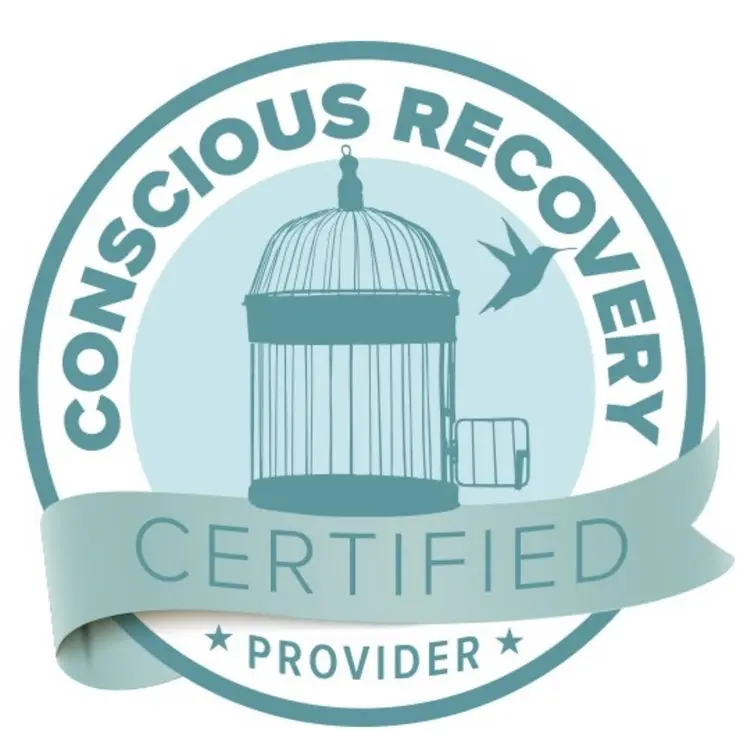Menu
- About Us
- Our Approach
- Acceptance and Commitment Therapy (ACT)
- Acupuncture
- Attachment Therapy
- Cognitive Behavioral Therapy (CBT)
- Cognitive Processing Therapy (CPT)
- Conscious Recovery
- Dialectical Behavior Therapy (DBT)
- EMDR Therapy
- LGBTQ Mental Health Services
- Reiki
- Somatic Experiencing (SE) Therapy
- Traditional Chinese Medicine
- Trauma-Informed Yoga
- Women’s Services
- What We Treat
- Housing
- Resources



